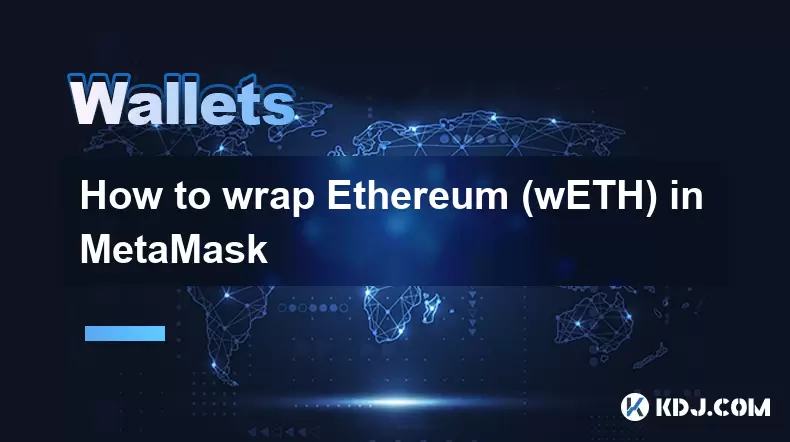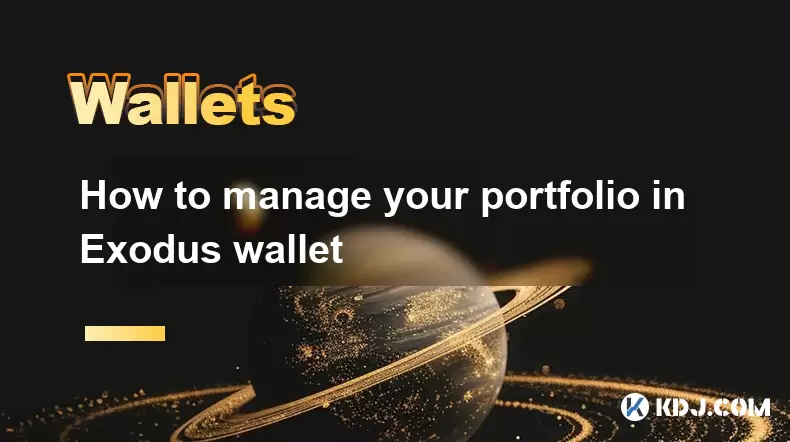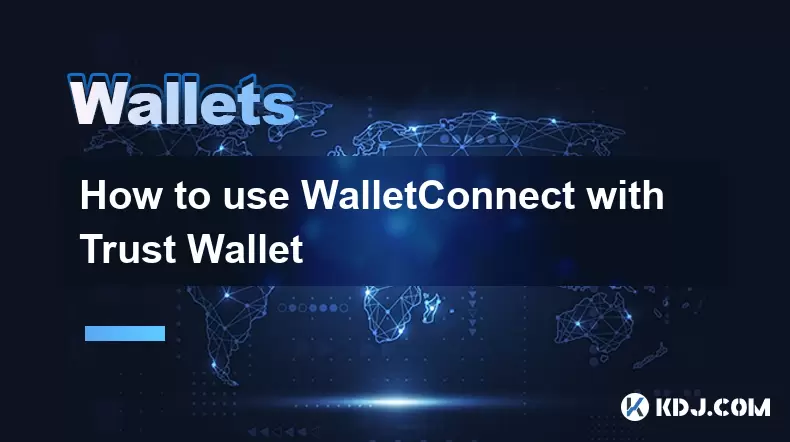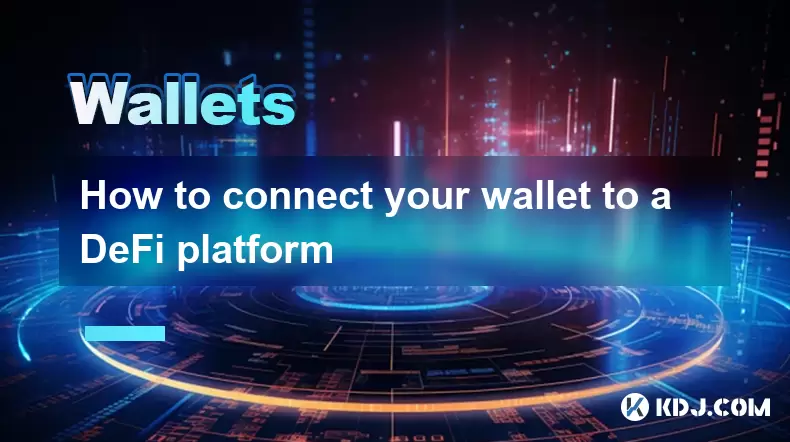-
 Bitcoin
Bitcoin $118800
-2.24% -
 Ethereum
Ethereum $4638
-1.08% -
 XRP
XRP $3.117
-5.42% -
 Tether USDt
Tether USDt $1.000
0.03% -
 BNB
BNB $842.6
-1.25% -
 Solana
Solana $195.3
-3.90% -
 USDC
USDC $0.9999
0.02% -
 Dogecoin
Dogecoin $0.2273
-7.27% -
 TRON
TRON $0.3606
0.62% -
 Cardano
Cardano $0.9319
5.60% -
 Chainlink
Chainlink $22.88
-3.66% -
 Hyperliquid
Hyperliquid $45.85
-1.58% -
 Sui
Sui $3.822
-5.16% -
 Stellar
Stellar $0.4276
-6.12% -
 Bitcoin Cash
Bitcoin Cash $594.2
-4.71% -
 Ethena USDe
Ethena USDe $1.000
-0.04% -
 Hedera
Hedera $0.2535
-4.61% -
 Avalanche
Avalanche $24.00
-4.86% -
 Litecoin
Litecoin $123.3
-6.62% -
 Toncoin
Toncoin $3.418
-1.73% -
 UNUS SED LEO
UNUS SED LEO $9.269
0.33% -
 Shiba Inu
Shiba Inu $0.00001307
-5.48% -
 Uniswap
Uniswap $11.04
-9.22% -
 Polkadot
Polkadot $4.047
-5.38% -
 OKB
OKB $101.3
-4.42% -
 Dai
Dai $0.9999
0.01% -
 Bitget Token
Bitget Token $4.612
-4.26% -
 Cronos
Cronos $0.1543
-8.52% -
 Aave
Aave $317.3
-3.42% -
 Ethena
Ethena $0.7275
-8.03%
How to verify the recipient address when transferring money through Ethereum wallet?
Double-check Ethereum recipient addresses meticulously; a single error leads to irreversible fund loss. Use multiple verification methods, including visual confirmation, cross-referencing, and test transactions, to minimize risk.
Mar 25, 2025 at 10:50 pm

How to Verify the Recipient Address When Transferring Money Through Ethereum Wallet?
Transferring cryptocurrency, especially Ethereum (ETH), requires meticulous attention to detail. A single misplaced character in the recipient's address can result in irreversible loss of funds. This article explores various methods to ensure you're sending your ETH to the correct address, minimizing the risk of accidental loss.
First, understand the fundamental importance of address verification. Ethereum addresses are long strings of alphanumeric characters. Even a minor typo can send your ETH to a completely different wallet, often irrecoverably. There's no central authority to reverse these transactions. Therefore, double and triple-checking is crucial.
Many Ethereum wallets offer built-in verification features. These often include a visual confirmation screen displaying the recipient's address prominently before finalizing the transaction. Take your time to compare this address with the one you intended to send to. Don't rush the process.
Before initiating the transfer, manually verify the recipient's address against multiple sources. If you received the address via email, text, or other communication channels, cross-reference it with the recipient's publicly available address (if they have one). This extra step can prevent costly errors.
If you're unsure about the legitimacy of the recipient's address, consider contacting them directly through a separate, verified communication channel. Ask them to confirm the address independently. This added communication helps to reduce the chance of sending your funds to the wrong address.
Some wallets offer QR code functionality. If the recipient provides a QR code representing their address, scan it using your wallet's QR code reader. This method minimizes manual input errors. However, ensure the QR code is from a trusted source.
When transferring larger sums of ETH, consider sending a small test transaction first. This allows you to verify the address without risking significant funds. Once you've confirmed the test transaction reaches the correct address, proceed with the full transfer.
Remember, reputable exchanges and wallets often employ multiple verification steps. Pay close attention to these prompts. They are designed to protect you from accidental errors. Don't ignore any warnings or prompts during the transfer process. These are there for your safety.
Using paper wallets or hardware wallets offers an extra layer of security. These methods are less susceptible to software errors or phishing attacks. The extra effort involved in using these secure methods is often worth the increased security.
Always update your wallet software to the latest version. Newer versions often include improved security features and address verification tools. Outdated software can be vulnerable to exploits and errors. Staying current is a crucial aspect of responsible crypto management.
Understanding checksums can add an extra level of confidence. Ethereum addresses often include checksums, which are characters added to detect errors. Your wallet should automatically verify these, but manually checking them offers an extra layer of security for the technically inclined.
Never share your private keys or seed phrases with anyone. These are crucial for accessing your funds. Compromising these will result in the loss of your ETH. Treat them with the utmost secrecy and security.
Frequently Asked Questions:
Q: What happens if I send ETH to the wrong address?
A: Unfortunately, there's generally no way to recover ETH sent to the wrong address. Ethereum transactions are irreversible on the blockchain. You'll likely lose your funds.
Q: How can I be absolutely sure I'm sending to the correct address?
A: There's no single method that guarantees 100% accuracy. However, employing multiple verification methods, as outlined above, significantly minimizes the risk.
Q: My wallet doesn't have built-in verification features. What should I do?
A: Manually verify the address through multiple sources and consider using a different wallet with enhanced security features for future transactions.
Q: What is a checksum in the context of Ethereum addresses?
A: A checksum is a component of the address designed to detect errors during manual input. It's an extra layer of protection against typos.
Q: Can I reverse an Ethereum transaction if I send to the wrong address?
A: No, Ethereum transactions are irreversible. Once confirmed on the blockchain, the transaction cannot be reversed.
Q: Are there any services that can help me recover ETH sent to the wrong address?
A: No reputable service can recover ETH sent to the wrong address. Claims to the contrary are likely scams.
Q: What is the best way to store my Ethereum private keys?
A: Store your private keys offline, in a secure location, using a hardware wallet or a paper wallet. Never store them digitally on a computer or phone.
Q: How often should I update my Ethereum wallet?
A: Update your wallet software regularly as soon as updates are available to benefit from the latest security patches and features.
Q: What if I suspect my wallet has been compromised?
A: Secure your funds immediately by transferring them to a new, secure wallet. Report the compromise to the relevant authorities or wallet provider.
Q: What are the risks associated with using a QR code for address verification?
A: The risk lies in scanning a malicious QR code that leads to a fake address, potentially resulting in the loss of funds. Only scan QR codes from trusted sources.
Disclaimer:info@kdj.com
The information provided is not trading advice. kdj.com does not assume any responsibility for any investments made based on the information provided in this article. Cryptocurrencies are highly volatile and it is highly recommended that you invest with caution after thorough research!
If you believe that the content used on this website infringes your copyright, please contact us immediately (info@kdj.com) and we will delete it promptly.
- Kazakhstan's Crypto Leap: Bitcoin ETF and Central Asia's Digital Finance Future
- 2025-08-13 12:45:19
- BlockDAG Presale Blazes Past $371M: Fundraising Frenzy Fuels Crypto Sensation
- 2025-08-13 13:05:21
- Meme Coins: Chasing the 2025 Surge – Which Will Moonshot?
- 2025-08-13 10:25:23
- Bitcoin's Wild Ride: Rally, Pullback, and What's Next
- 2025-08-13 10:25:23
- Bitcoin, Bitmax, and Institutional Demand: A New Era of Crypto Investment
- 2025-08-13 10:45:12
- Solana, ROAM, and Airdrops: What's the Buzz in 2025?
- 2025-08-13 11:35:13
Related knowledge

How to wrap Ethereum (wETH) in MetaMask
Aug 13,2025 at 11:36am
Understanding Wrapped Ethereum (wETH)Wrapped Ethereum (wETH) is a tokenized version of native Ethereum (ETH) that conforms to the ERC-20 standard, ena...

How to manage your portfolio in Exodus wallet
Aug 08,2025 at 10:07pm
Understanding the Exodus Wallet InterfaceThe Exodus wallet is a non-custodial cryptocurrency wallet that supports a wide range of digital assets. When...

How to manage your portfolio in Exodus wallet
Aug 13,2025 at 11:35am
Understanding the Exodus Wallet InterfaceThe Exodus wallet is a non-custodial cryptocurrency wallet that supports a wide range of digital assets. Upon...

How to reset your MetaMask password
Aug 08,2025 at 01:28pm
Understanding the MetaMask Password Reset ProcessMany users confuse the MetaMask password with the seed phrase or private key, but they serve differen...

How to use WalletConnect with Trust Wallet
Aug 13,2025 at 01:07am
What Is WalletConnect and Why It Matters for Trust Wallet UsersWalletConnect is an open-source protocol that enables secure communication between dece...

How to connect your wallet to a DeFi platform
Aug 13,2025 at 11:36am
Understanding Wallet Compatibility with DeFi PlatformsBefore connecting your wallet to any DeFi platform, it's essential to ensure your wallet is comp...

How to wrap Ethereum (wETH) in MetaMask
Aug 13,2025 at 11:36am
Understanding Wrapped Ethereum (wETH)Wrapped Ethereum (wETH) is a tokenized version of native Ethereum (ETH) that conforms to the ERC-20 standard, ena...

How to manage your portfolio in Exodus wallet
Aug 08,2025 at 10:07pm
Understanding the Exodus Wallet InterfaceThe Exodus wallet is a non-custodial cryptocurrency wallet that supports a wide range of digital assets. When...

How to manage your portfolio in Exodus wallet
Aug 13,2025 at 11:35am
Understanding the Exodus Wallet InterfaceThe Exodus wallet is a non-custodial cryptocurrency wallet that supports a wide range of digital assets. Upon...

How to reset your MetaMask password
Aug 08,2025 at 01:28pm
Understanding the MetaMask Password Reset ProcessMany users confuse the MetaMask password with the seed phrase or private key, but they serve differen...

How to use WalletConnect with Trust Wallet
Aug 13,2025 at 01:07am
What Is WalletConnect and Why It Matters for Trust Wallet UsersWalletConnect is an open-source protocol that enables secure communication between dece...

How to connect your wallet to a DeFi platform
Aug 13,2025 at 11:36am
Understanding Wallet Compatibility with DeFi PlatformsBefore connecting your wallet to any DeFi platform, it's essential to ensure your wallet is comp...
See all articles

























































































